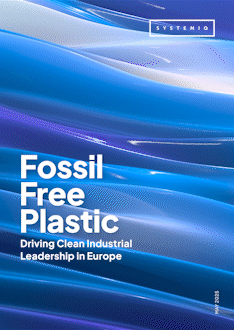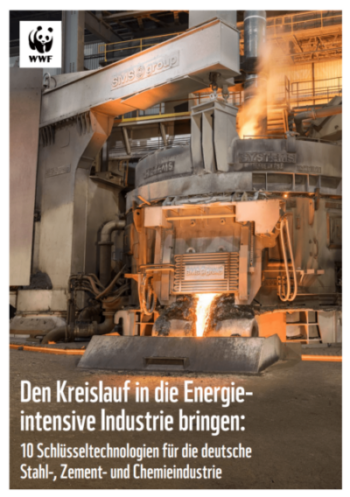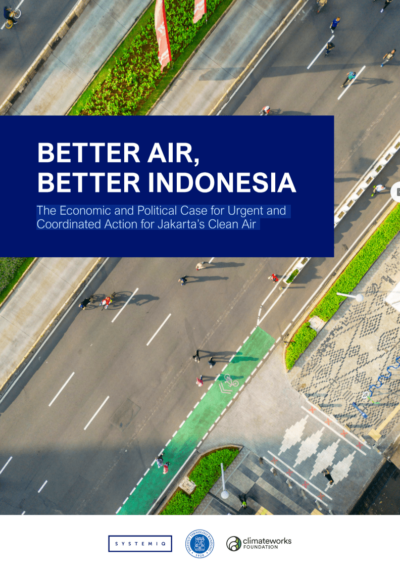The Energy Transitions Commission supports the objective of limiting global warming ideally to 1.5°C and, at the very least, to well below 2°C. In the wake of the IPCC’s urgent call for action, the “Mission Possible” report sends a clear signal to policymakers, investors and businesses: full decarbonization is possible, making ambitious climate objectives achievable.
The report Mission Possible: Reaching net-zero carbon emissions from harder-to-abate sectors by mid-century outlines the possible routes to fully decarbonize cement, steel, plastics, trucking, shipping and aviation – which together represent 30% of energy emissions today and could increase to 60% by mid-century as other sectors lower their emissions.
The “Mission Possible” report was developed with contributions from over 200 industry experts over a 6-month consultation process. Its findings show that full decarbonization is technically feasible with technologies that already exist, although several still need further investment to reach commercial readiness. The total cost to the global economy would be less than 0.5% of GDP by mid-century and could be reduced even further by improving energy efficiency, by making better use of carbon-intensive materials (through greater materials efficiency and recycling) and by limiting demand growth for carbon-intensive transport (through greater logistics efficiency and modal shift). The report shows that this would have only a minor impact on the cost of end consumer products.
The “Mission Possible” report concludes that the most challenging sectors to decarbonize are plastics, due to end-of-life emissions, cement, due to process emissions, and shipping because of the high cost of decarbonization and the fragmented structure of the industry.




